
Planet Super League is a new idea in sustainability. Our mission is to use the power of football to engage fans in action on the environment. We plan to launch a global competition, where fan groups play to win points by going green. Supporters declare their allegiance to their chosen club and the points they win are collected over the season, with the winning team lifting the trophy in a star-studded televised event at the end of year. Football has the ability to break down barriers, talk to billions of people and mobilise their enormous fan bases (some bigger than countries!). Twinned with the competitive nature of sport, it’s an unbelievable chance to make a positive change to our planet.


The PlayGreen project is an UEFA endorsed initiative dedicated to ensure a sustainable future in sport in Europe. With the support of the Erasmus+ Programme of the European Union, six organisations have partnered up to raise awareness and build capacities about environmental sustainability in sport all across Europe. More specifically PlayGreen follows two specific objectives: 1. Create volunteering opportunities focused on sport and environment for young people to engage in sport, by testing and promoting a new volunteering format. 2. Create a European network of organisations enhancing sustainability in grassroots sports through volunteering programs and sharing of good practices.


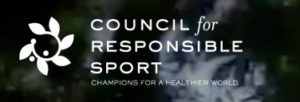
The Council for Responsible Sport is a non-profit organization with a vision of a world where responsibly produced events are the norm. Its mission is to provide objective, independent verification of the socially and environmentally responsible work event organizers are doing and to actively support event organizers who strive to make a difference in their communities.
The Council’s vision is a world where responsibly produced sports events are the norm and its mission is to provide objective, independent verification of the socially and environmentally responsible work event organizers are doing and to actively support event organizers who strive to make a difference in their communities.
The current version of the Council’s Certification standards (v.4.2) was developed by an outside working group of both sustainability and sport industry experts, reviewed by a wide range of stakeholders throughout 2013 and implemented in January 2014.





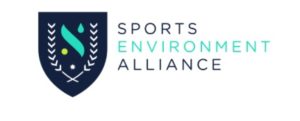
Sports Environment Alliance (SEA) empower sport to do more for the world with less footprint. SEA VISION is to empower the sport industry to better engage with the circular economy. SEA live by the MISSION of leading, educating, and inspiring the sport community members to live, work, play, and spectate more sustainably in Australasia.







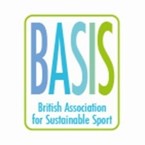
BASIS endorses the approach, principles, values and objectives contained in the Earth Charter. BASIS recognise the aims, definitions and structure provided by The European Sports Charter, especially Article 10 which refers specifically to sport and sustainable development. It requires that sporting activities be adjusted to the planet’s limited resources and are carried out in accordance with the principles of sustainable development and balanced management of the environment. This includes planning and building facilities as well as their operation, and increasing the knowledge and understanding of participants, including athletes and fans.



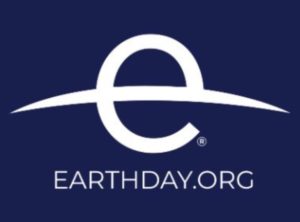
Our mission? To build the world’s largest environmental movement to drive transformative change for people and planet. Earth Day Network’s mission is to diversify, educate and activate the environmental movement worldwide. Growing out of the first Earth Day in 1970, Earth Day Network is the world’s largest recruiter to the environmental movement, working with more than 75,000 partners in over 190 countries to drive positive action for our planet.




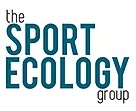
The Sport Ecology Group is a community of academics seeking to share our research with a broader audience than traditional academic journals will allow. The Sport Ecology Group is guided by a simple vision: imagine if all people understood and supported the environment with the same interest and passion they showed their favorite sports teams.




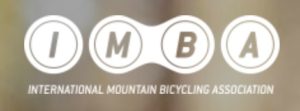
The International Mountain Bicycling Association (IMBA) is active in mountain bike advocacy, focused on trails and access, for all types of mountain bikers in all parts of the United States of America. Since 1988, IMBA have taught and encouraged low-impact riding, grassroots advocacy, sustainable trail design, innovative land management practices and cooperation among trail user groups. IMBA is a national network of local groups, individual riders and passionate volunteers working together for the benefit of the entire community.



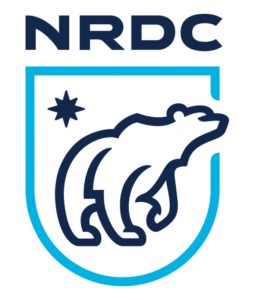
NRDC (Natural Resources Defense Council) is a national nonprofit environmental organization with more than 1.3 million members and online activists. Since 1970, our lawyers, scientists, and other environmental specialists have worked to protect the world’s natural resources, public health, and the environment.
NRDC has offices in New York City, Washington, D.C., Los Angeles, San Francisco, Chicago, Montana, and Beijing. The NRDC issued a comprehensive report "Game Changer - How the Sport Industry is saving the environment" available here : https://www.nrdc.org/resources/game-changer-how-sports-industry-saving-environment






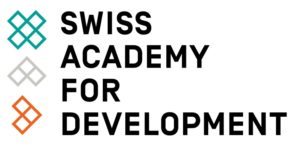
The Swiss Academy for Developpment is a centre of excellence for sport and development. SAD use sport and play to empower disadvantaged children and young people in Switzerland and internationally to become healthy, educated and employed citizens. SAD’s vision is a world where children and young people are engaged, healthy, educated and employed citizens. SAD use sport and play to sustainably transform the lives of disadvantaged young people, enabling them to flourish.






